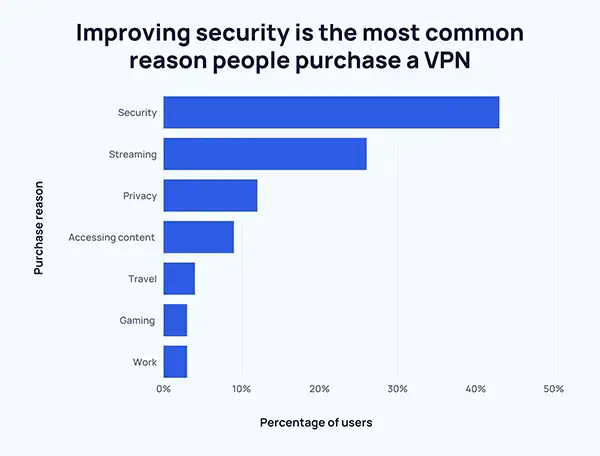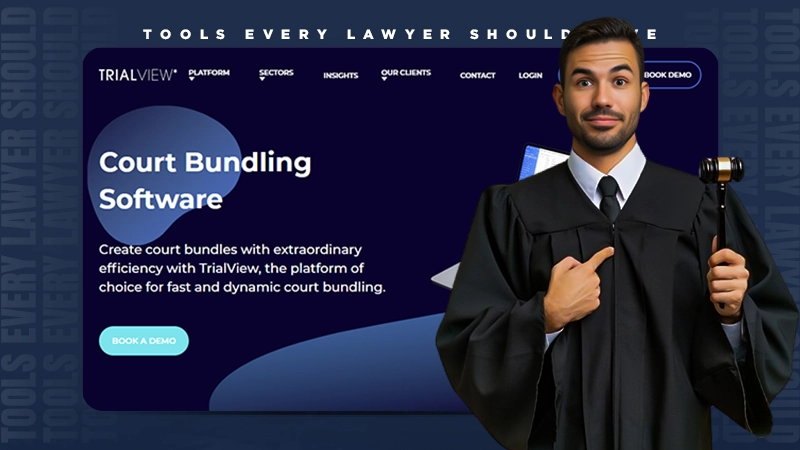Key Takeaways
- Clearing track of your online presence can make you an anomaly.
- VPN comes in handy when obscuring your IP address.
- You can also use various tools in the market to check your anonymity mark against a million users.
- Identify all the threats such as browser extensions, and third-party cookies before you decide on the strategy.
- It takes a lot of consistent efforts to maintain your anonymity from your competitors.
Competitor analysis is one of the pillars of marketing, but Big Tech’s obsession with providing people with personalized search results can radically skew the results of your online research. And if you return to the well a little too often, your competitors might sniff out your recurring presence and block your IP address from their websites.
But while there are many articles on the web with tips about how to anonymize your online profile, here’s the insider scoop: If you’re too aggressive about covering all your tracks, that would make you an anomaly and, conversely, make it much easier to identify you.
The Pro way to avoid your competitor’s scrutiny is to refrain from blindly following tips to stay anonymous online – that’s counterproductive.
Instead, we’ll give you the lowdown on which signals you should obscure and which signals can safely be ignored as long as you disguise the most important piece of tracking data: your static IP address.
VPN as a Marketing Tool
A static IP address is a marketer’s most significant enemy because it uniquely identifies you. You can follow all the privacy tips in the world, but any website will nevertheless be able to recognize you from your unique IP address.
A market researcher’s most important tool is a VPN to obscure their IP address and make it appear like they’re located in different parts of the world.
Using a VPN in conjunction with our tips in the following section, you can streamline your anonymous competitor research process to achieve quicker, far more accurate results.

Beware the Fine Line When Trying to Stop Online Tracking
Don’t use all of our actionable tips simultaneously – it may strip your digital footprint to the point where it becomes counterproductive. If your anonymity makes you stick out like a sore thumb, you will have achieved the opposite of what you need. In the next section, we’ll list some factors you could consider obscuring.
To test the effectiveness of each step, here’s a tool by the Electronic Freedom Foundation that you can use to benchmark your anonymity score against millions of other internet users. You’ll want to aim for a lower score because If your browser is ‘too’ unique, an online tracker may still be able to identify you without setting tracking cookies.
Pick one of the items on our list, clear your browser’s cache, do the test, and repeat until you develop a sufficiently anonymous profile to avoid your competitor’s scrutiny during your research visits.
Actionable Tips to Avoid Tracking
There are many ways to track users and several ways to counteract each specific threat. Don’t always use all of these tips.
It’s best to identify the main threats to your (relative) anonymity before you decide on a strategy and the tools you’ll need to accomplish your research aims:
- First-party Cookies are generally harmless and are used to keep you signed in to a site. You may waive or accept them, depending on what function you need to test on the competitor’s (or your own) website. Clear your browser cache when you leave.
- Third-party Cookies track you across different websites and report your activities to a vast network of data brokers. Block these.
Do You Know?
In 2024, Google is planning to transfer 1% of Chrome users to Privacy Sandbox and Prohibit third-party cookies for them.
- User ID Tracking: When you use your Google or other social media credentials to create an account on another website, advertisers regard this as “explicit consent” to use your data because you’ve already given Google permission to track your activities.
Block by signing out of all user accounts and clearing your cache before and during any research.
- Web Beacons, Pixels, and Other Tracking Scripts: After you leave that website, the Facebook Pixel or similar tracking script remains active in your browser and will keep reporting on your activities wherever you go.
The shocking implication is that if you just used a medical or mental health app, Facebook and other sites you visit in the future will have access to that sensitive stuff which you probably meant to keep under wraps.
You cannot block these while using Google Chrome or Microsoft Edge. Use Mozilla Firefox or Brave, taking care to specify which trackers you want to block.
- Browser Extensions can record your spending and credit card information. Beware of those shopping voucher services. Remove unnecessary extensions from all browsers.
- Canvas or Browser Fingerprinting. They can identify you from your operating system, internet protocol (IP) address, time zone, computer or device hardware, what software or apps you use, your browser, and other device-related data. The Tor Browser offers a reduced browser fingerprint ability.
- Your Windows, Android, or MacOS Device may be giving away information from sensors on your device to, e.g., determine the local weather or temperatures.
Change your device settings to block the surveillance: On Windows, go to Settings > General > set advertising ID, language list to the ‘Off’ position. Also, work your way down to Location, Camera, Microphone, and Voice activation settings, as you may have to change each setting.
- Use Several Different Browsers: Use different browsers for different functions. For example, after watching movies, switch to another browser to go shopping. Switch between privacy-focused browsers like Vivaldi, Brave, Firefox, and Tor.
Disclaimer: Despite their claims to the contrary, Google Chrome or Microsoft Edge tracks everything you do. Ironically, both browsers are so popular, they may help you blend into the crowd!
- Change your Privacy Settings for Each Browser. Block third-party cookies and external trackers, and lock permissions to use location, microphones, cameras, and other computer peripherals functions.
- Curate Active Browser Extensions And Plugins: Websites can identify users by their unique combination of extensions, plugins, and device information. Using too many privacy tools is counterproductive, as they might make you stand out from the crowd.
Create a standard browser profile that you can use for all future research. Keep just one or two extensions and deactivate some of your regular extensions. Privacy Badger from the Electronic Frontier Foundation (EFF) can block the worst cookie offenders.
Changing Your IP Address Makes It Easier to Do Anonymous Research
It takes a lot of work to consistently hide from personalized search results and prevent your competitors from discovering the extent of your (friendly!) stalking.
Suppose competitor research is an important factor for your brand. In that case, we recommend bouncing around between obscuring small data signals and using a VPN with a tracker blocker to ward off enough trackers and cookies to let you slip in underneath the radar.







